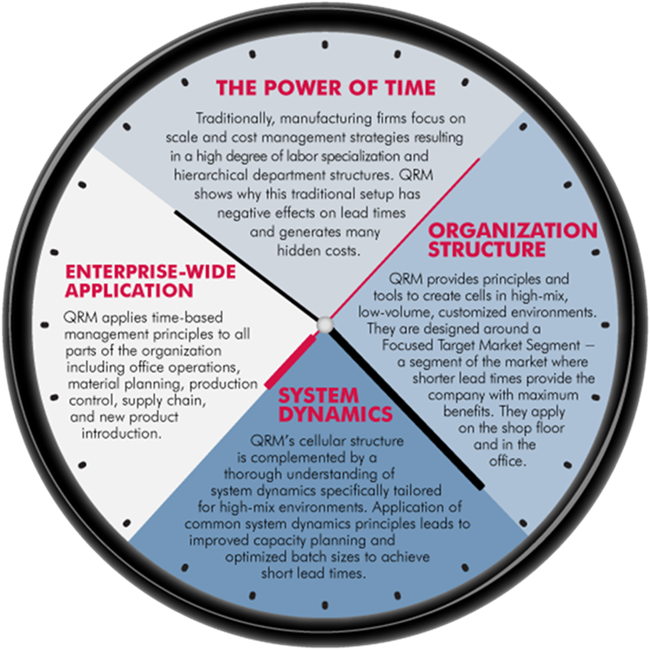

So we created a smarter solution that tracks the arrival and leaving time automatically. As a technologically progressive company, it seemed archaic to have typical “clocking in” solutions, like punching in time or even electronic access cards. In Latvia, it’s legally required for businesses to track employee working hours. “DeskTime was created originally as an internal tool for the Draugiem Group. To comment on the creation of DeskTime, he mentioned: We got in touch with Artis Rozentals, CEO of DeskTime (based in Latvia). Did they create apps because of low productivity? What was the reasoning behind it? To find out from the source itself, we got in touch with some of the apps in question.


It seems that productive countries seem to be more invested in continually growing their productivity, thereby perhaps prompting a self-fulfilling prophecy. Therefore we can conclude that the creation of the apps is not spurred on by a national productivity problem. Those countries include Luxembourg, Ireland, Norway, Belgium, Denmark, France, Germany, the Netherlands, and Switzerland. In an article by Time where countries are ranked by the amount of GDP created per hour of work, our list of leading countries is strongly represented near the top of the table, with the US ranking 5th, and the remaining 9 countries of the top 10 are from a similar geographical area – the Northern part of Europe. To consider if these countries have HR productivity problems that prompt the creation of these apps. Are there productivity problems in these countries? Are these regions more concerned about raising their productivity? Are they more introspective about their output than other countries? Do they have problems with employee productivity, thereby provoking the creation of these apps? To get to the bottom of this, we first have to consider the reasoning for productivity apps. This begs the question – what’s the deal with that? Though the United States is obviously the country with the most time tracking apps founded, the majority of the other apps are congregated in a geographical area of a similar size. The rest are very obviously from the same geographical clump of space.

Of course, there are some exceptions, such as Qbserve from Chile and Clockify from Serbia, but these are negligible deviations from the norm. It appears that the great majority of time tracking apps that aren’t from the US are mostly congregated in the Northern-half of Europe. We found that roughly half were from the States, while the other half, elsewhere. We Googled “time tracking app”, and wrote down the top 25 apps, and segmented them between originating from the USA and outside of the USA. It got to the point where we had to ask the obvious question – is it possible that the Northern part of Europe is churning out all the time tracking apps? Is this a local and geographical phenomenon? We had to get to the bottom of this. Working on a daily basis with time tracking apps and searching for best case practices, my team and I repeatedly kept coming across other time tracking apps that were from our region (Northern Europe). How is it that these two regions are so clearly the leaders in time tracking app creation? And how is it that this trend has escaped public attention? What we found In an eye-opening study, we found that of the most popular time tracking apps, 44% are from the USA, and an equal 44% are from the Northern-half of Europe, while the remaining 14% are from elsewhere in the globe.


 0 kommentar(er)
0 kommentar(er)
